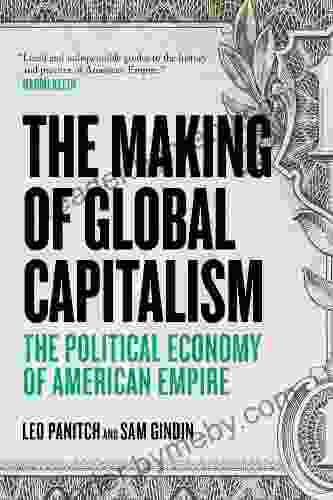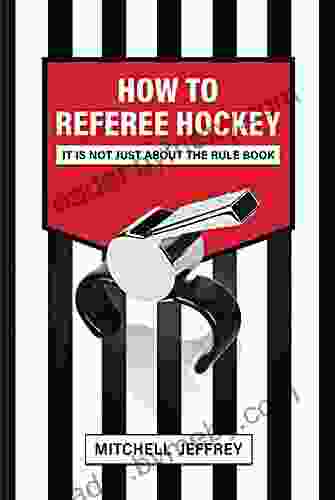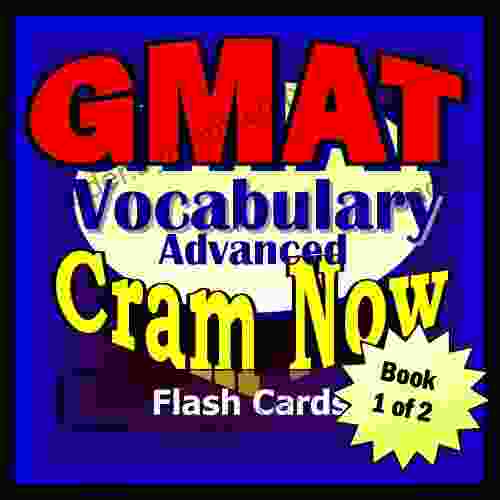The Political Economy Of American Empire: Uncovering the Economic Foundations of Global Dominance

In the annals of history, empires rise and fall, leaving behind a legacy of conquests, cultural exchanges, and economic transformations. The United States, the world's preeminent superpower, stands as the latest in a long line of empires. But what sets American imperialism apart from its predecessors? What is the driving force behind its unparalleled global reach and influence?
To answer these questions, we must venture beyond the realm of military might and political rhetoric and delve into the intricate web of economic relationships that underpin American empire. The Political Economy Of American Empire, a groundbreaking work by political economist Michael Hudson, provides a comprehensive and illuminating analysis of the economic factors that have shaped America's rise to global hegemony.
4.1 out of 5
| Language | : | English |
| File size | : | 3104 KB |
| Text-to-Speech | : | Enabled |
| Screen Reader | : | Supported |
| Enhanced typesetting | : | Enabled |
| Word Wise | : | Enabled |
| Print length | : | 465 pages |
| Recaps | : | Included |
The Military Industrial Complex: A Leviathan of Economic Power
At the heart of American imperialism lies the military industrial complex, a formidable alliance between the government, corporations, and the military. This complex, which President Eisenhower famously warned against in his farewell address, has grown exponentially since World War II, becoming a voracious consumer of resources and a driving force behind economic growth.
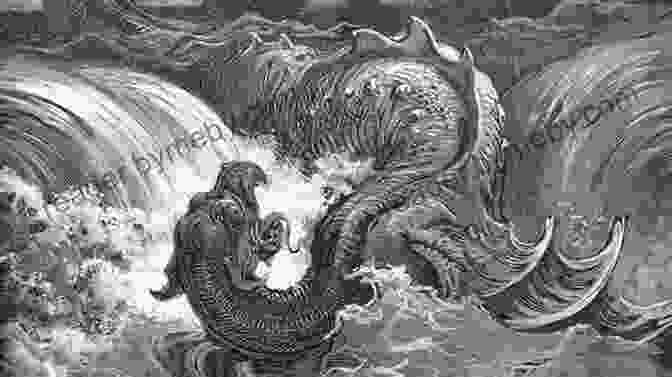
The military industrial complex benefits from a steady stream of government contracts, which provide corporations with guaranteed profits and protect them from market competition. In turn, corporations lobby for increased military spending, ensuring a continuous flow of funding for the development and production of weapons systems.
The result is a self-perpetuating cycle of military spending that drives economic growth but also creates a bloated defense industry that is increasingly disconnected from the real needs of society. This, in turn, fosters a culture of militarism and a foreign policy that prioritizes military solutions over diplomacy and cooperation.
Corporate Power: The Invisible Hand of Empire
While the military industrial complex is a visible manifestation of American empire, the true power behind the throne lies in the hands of corporations. Transnational corporations, with their vast economic resources and global reach, have become the architects of American imperialism, shaping foreign policy and economic policies to serve their own interests.

Corporations wield their influence through a variety of means, including lobbying, campaign finance, and control over the media. They promote free trade agreements that undermine labor standards and environmental protections, and they pressure governments to adopt policies that favor their bottom line over the well-being of citizens.
The result is a global economic system that benefits a small elite at the expense of the majority. Inequality grows, social cohesion erodes, and democratic institutions are weakened as corporations accumulate unprecedented wealth and power.
Economic Warfare: The Subtler Weapon of Empire
In addition to military might and corporate influence, American empire also employs economic warfare as a tool of domination. Economic sanctions, trade embargoes, and currency manipulation are used to coerce and punish countries that resist American hegemony.
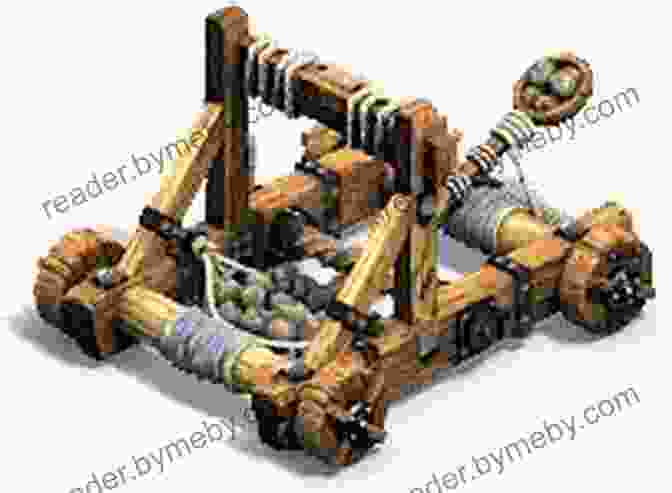
Economic warfare is a powerful tool for controlling other countries without resorting to military force. It can cripple economies, impoverish populations, and destabilize governments. By targeting countries that are deemed a threat to American interests, economic warfare serves as a deterrent to resistance and a means of maintaining global dominance.
: The True Cost of Empire
The Political Economy Of American Empire is a sobering reminder that the pursuit of global power comes at a great cost. While the benefits of empire may be concentrated in the hands of a few, the burdens are borne by the many.
The military industrial complex diverts resources from vital public services, corporate power erodes democratic institutions, and economic warfare undermines the sovereignty of other nations. The result is a world characterized by inequality, conflict, and environmental degradation.
It is time for a reassessment of American empire. We must recognize the economic forces that drive it and demand a more just and sustainable foreign policy. The future of our planet depends on it.
To learn more about the hidden economic foundations of American empire, I highly recommend The Political Economy Of American Empire by Michael Hudson. This groundbreaking work provides a comprehensive and thought-provoking analysis of the economic factors that have shaped America's rise to global hegemony. It is a must-read for anyone who seeks to understand the true nature of American empire and its implications for the future.
4.1 out of 5
| Language | : | English |
| File size | : | 3104 KB |
| Text-to-Speech | : | Enabled |
| Screen Reader | : | Supported |
| Enhanced typesetting | : | Enabled |
| Word Wise | : | Enabled |
| Print length | : | 465 pages |
| Recaps | : | Included |
Do you want to contribute by writing guest posts on this blog?
Please contact us and send us a resume of previous articles that you have written.
 Book
Book Novel
Novel Page
Page Chapter
Chapter Text
Text Story
Story Genre
Genre Reader
Reader Library
Library Paperback
Paperback E-book
E-book Magazine
Magazine Newspaper
Newspaper Paragraph
Paragraph Sentence
Sentence Bookmark
Bookmark Shelf
Shelf Glossary
Glossary Bibliography
Bibliography Foreword
Foreword Preface
Preface Synopsis
Synopsis Annotation
Annotation Footnote
Footnote Manuscript
Manuscript Scroll
Scroll Codex
Codex Tome
Tome Bestseller
Bestseller Classics
Classics Library card
Library card Narrative
Narrative Biography
Biography Autobiography
Autobiography Memoir
Memoir Reference
Reference Encyclopedia
Encyclopedia Marion Dane Bauer
Marion Dane Bauer Todd Olson
Todd Olson Paul Hough
Paul Hough M Kevin Davis
M Kevin Davis Stephanie Kaplan Lewis
Stephanie Kaplan Lewis Ladybird
Ladybird Lukas Thao
Lukas Thao Sei Shonagon
Sei Shonagon Rod Weston
Rod Weston Neil Parsons
Neil Parsons Diane Muldrow
Diane Muldrow Robert Peal
Robert Peal Sahera Patel
Sahera Patel Sean Cover
Sean Cover L M Sutter
L M Sutter Marcia Bjornerud
Marcia Bjornerud Richard Eyre
Richard Eyre Tilda Shalof
Tilda Shalof Robert Anton Wilson
Robert Anton Wilson Loretta Seto
Loretta Seto
Light bulbAdvertise smarter! Our strategic ad space ensures maximum exposure. Reserve your spot today!

 Paul ReedEnglish Practice Age 10 Questions And Answers: The Ultimate Guide to Language...
Paul ReedEnglish Practice Age 10 Questions And Answers: The Ultimate Guide to Language... Charles DickensFollow ·10.9k
Charles DickensFollow ·10.9k Darius CoxFollow ·9.4k
Darius CoxFollow ·9.4k Oscar BellFollow ·10.1k
Oscar BellFollow ·10.1k Gavin MitchellFollow ·16.3k
Gavin MitchellFollow ·16.3k Tim ReedFollow ·2.4k
Tim ReedFollow ·2.4k Lucas ReedFollow ·15.2k
Lucas ReedFollow ·15.2k Shaun NelsonFollow ·3.1k
Shaun NelsonFollow ·3.1k Enrique BlairFollow ·6.7k
Enrique BlairFollow ·6.7k
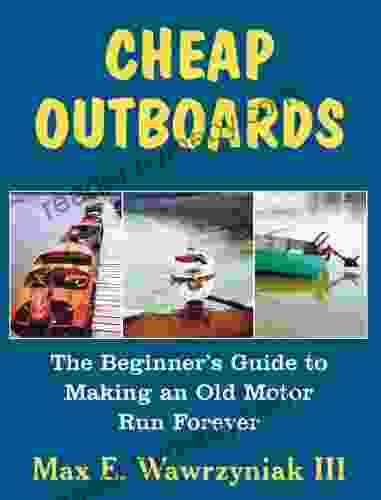
 Wayne Carter
Wayne CarterThe Beginner's Guide to Making an Old Motor Run Forever
If you're like most...

 Deacon Bell
Deacon BellNepali Adventure: Kings and Elephant Drivers,...
In the heart of the...
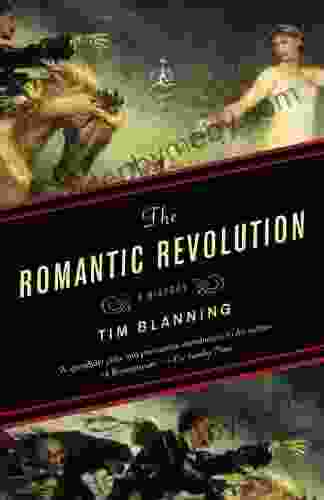
 Carlos Drummond
Carlos DrummondThe Romantic Revolution: A Journey Through History and...
Unveiling the...

 Kazuo Ishiguro
Kazuo IshiguroUnlock Your Inner Innovator: Dive into the New Wave...
Embark on a Transformative Journey of...
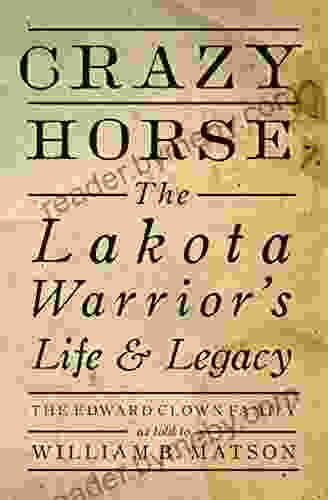
 William Golding
William GoldingCrazy Horse: The Lakota Warrior's Life and Legacy
In the annals of Native...

 Hector Blair
Hector BlairMildred and Richard Loving: The Inspiring Story of...
Mildred and Richard Loving were an...
4.1 out of 5
| Language | : | English |
| File size | : | 3104 KB |
| Text-to-Speech | : | Enabled |
| Screen Reader | : | Supported |
| Enhanced typesetting | : | Enabled |
| Word Wise | : | Enabled |
| Print length | : | 465 pages |
| Recaps | : | Included |


